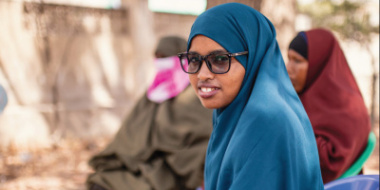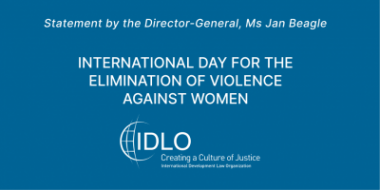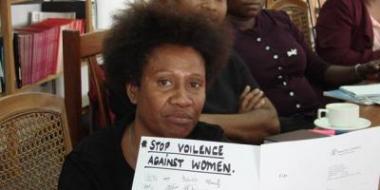Jóvenes de Chamelecón: talento fotográfico que promueve el acceso a la justicia
San Pedro Sula, 15 de febrero de 2018 – En 35 fotografías, que integran la exposición fotográfica “Pixeles de Vida”, un grupo de jóvenes del sector de Chamelecón en San Pedro Sula, Honduras, capturaron la realidad de su comunidad, mostrando una población dinámica y perseverante, que lucha contra un historial de violencia.















